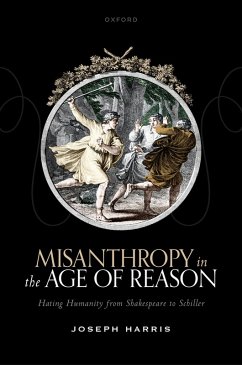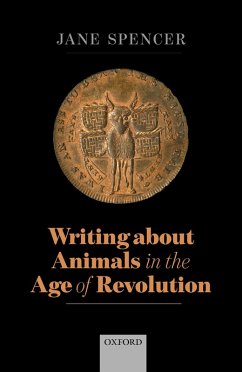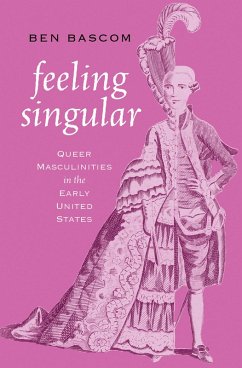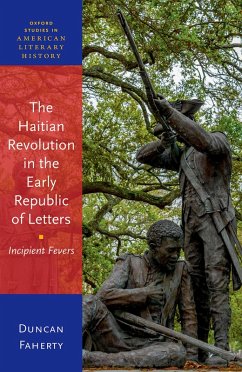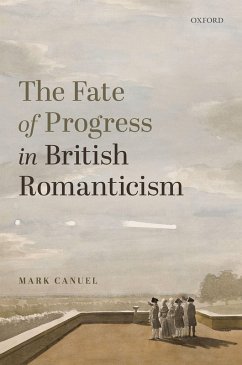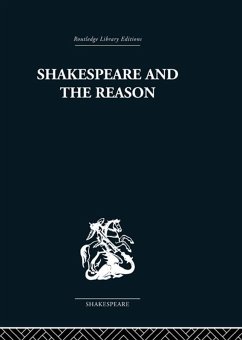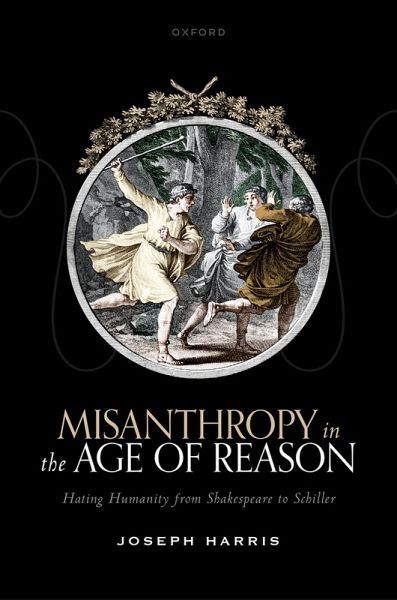
Misanthropy in the Age of Reason (eBook, PDF)
Hating Humanity from Shakespeare to Schiller
Versandkostenfrei!
Sofort per Download lieferbar
42,95 €
inkl. MwSt.
Weitere Ausgaben:

PAYBACK Punkte
21 °P sammeln!
Ever since Timon of Athens shunned his fellow-countrymen and went to live out in the wilderness, the misanthrope has proved to be a fascinating but troubling figure for writers and thinkers. This comparative study brings together a range of material from various genres, periods, and countries to explore the developing status of misanthropy in the European literary and intellectual imagination from the late Renaissance to the dawn of Romanticism. During this period, the term 'misanthropy' shifts from being an obscure Greek calque to being almost banal in its ubiquity. In order to trace the cont...
Ever since Timon of Athens shunned his fellow-countrymen and went to live out in the wilderness, the misanthrope has proved to be a fascinating but troubling figure for writers and thinkers. This comparative study brings together a range of material from various genres, periods, and countries to explore the developing status of misanthropy in the European literary and intellectual imagination from the late Renaissance to the dawn of Romanticism. During this period, the term 'misanthropy' shifts from being an obscure Greek calque to being almost banal in its ubiquity. In order to trace the contours of the period's evolving attitudes towards misanthropy, this study takes a combined thematic and historical approach. After two chapters offering close readings of the period's key icons of misanthropy--Shakespeare's Timon of Athens and Molière's Alceste--the remaining six chapters each explore different thematic issues of misanthropy as they surface across the period. Drawing on works by Shakespeare, Molière, Hobbes, Pascal, Rochester, Swift, Rousseau, Kotzebue, Schiller, Wollstonecraft, and Leopardi, as well as countless less canonical writers, this study demonstrates that the misanthrope is not a fixed, stable figure in early modern literature. Rather, he--or very occasionally she--emerges in many guises, from philosopher to comic grouch, from tragic hero to moral censor, from cynical villain to disappointed idealist, from quasi-bestial outsider to worldly satirist. As both critic of humanity and object of critical scrutiny, the misanthrope challenges straightforward oppositions between individual and society, virtue and vice, reason and folly, human and animal.
Dieser Download kann aus rechtlichen Gründen nur mit Rechnungsadresse in A, B, BG, CY, CZ, D, DK, EW, E, FIN, F, GR, HR, H, IRL, I, LT, L, LR, M, NL, PL, P, R, S, SLO, SK ausgeliefert werden.




